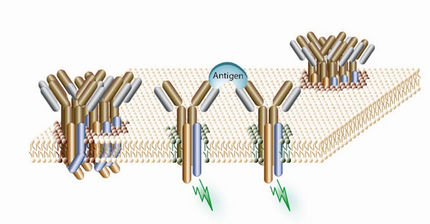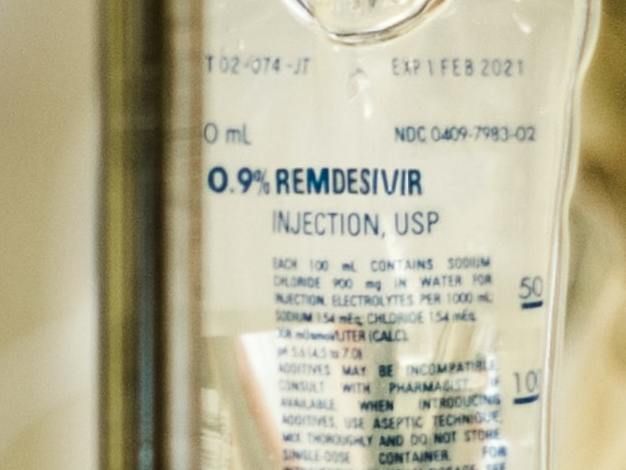AbD Serotec and Spinreact Sign Supply Agreement for Antibodies Used in Clinical Diagnostic Kits
MorphoSys AG announced that its research and diagnostic antibody segment AbD Serotec and Spinreact S.A. have signed a supply agreement. Initially, the agreement covers the use of two antibodies which Spinreact will incorporate in a series of clinical diagnostic kits. AbD Serotec will continuously supply Spinreact with antibody material. Financial details of the agreement were not disclosed.
Dr Josep Puig, Chief Executive Officer of Spinreact, said: "The fast turn-around in antibody production offered by AbD Serotec, together with the high quality of the resulting antibodies, will help accelerate the process of development and validation, allowing Spinreact to bring new clinical diagnostic reagents for human diseases to the market in the shortest possible timeframe."
Most read news
Organizations
Other news from the department business & finance

Get the life science industry in your inbox
By submitting this form you agree that LUMITOS AG will send you the newsletter(s) selected above by email. Your data will not be passed on to third parties. Your data will be stored and processed in accordance with our data protection regulations. LUMITOS may contact you by email for the purpose of advertising or market and opinion surveys. You can revoke your consent at any time without giving reasons to LUMITOS AG, Ernst-Augustin-Str. 2, 12489 Berlin, Germany or by e-mail at revoke@lumitos.com with effect for the future. In addition, each email contains a link to unsubscribe from the corresponding newsletter.
Most read news
More news from our other portals
See the theme worlds for related content
Topic world Antibodies
Antibodies are specialized molecules of our immune system that can specifically recognize and neutralize pathogens or foreign substances. Antibody research in biotech and pharma has recognized this natural defense potential and is working intensively to make it therapeutically useful. From monoclonal antibodies used against cancer or autoimmune diseases to antibody-drug conjugates that specifically transport drugs to disease cells - the possibilities are enormous

Topic world Antibodies
Antibodies are specialized molecules of our immune system that can specifically recognize and neutralize pathogens or foreign substances. Antibody research in biotech and pharma has recognized this natural defense potential and is working intensively to make it therapeutically useful. From monoclonal antibodies used against cancer or autoimmune diseases to antibody-drug conjugates that specifically transport drugs to disease cells - the possibilities are enormous





















































